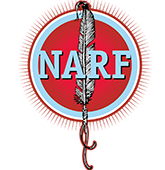How a Right-Wing Attack on Protections for Native American Children Could Upend Indian Law
A LAW KEY to preventing state welfare agencies from separating Indigenous children from their families is at risk of being overturned thanks to the yearslong effort of a network of libertarian and right-wing organizations. In the 1970s, between a quarter and a third of Indigenous children across the United States had been removed from their … Read more
